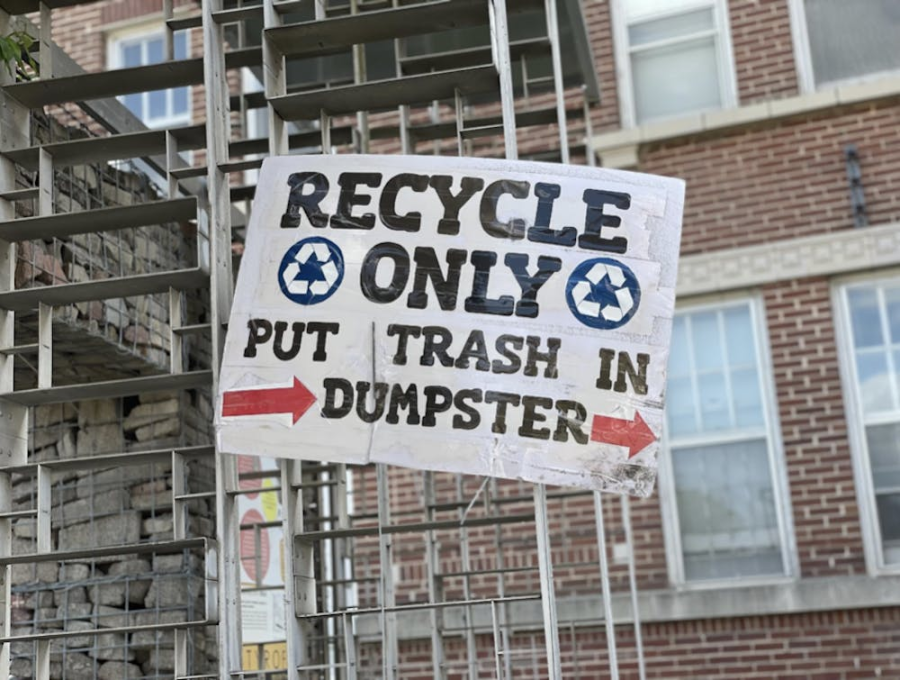The Impact of Recycling in Preserving the Environment
The impact of recycling in preserving the environment cannot be overstated. Recycling plays a crucial role in reducing waste, conserving natural resources, and minimizing pollution. By diverting materials from landfills and incinerators, recycling helps to mitigate the environmental harm caused by their disposal.
One of the primary benefits of recycling is the conservation of natural resources. Many products are made from raw materials extracted from the Earth, such as metals, plastics, and paper. Recycling allows these materials to be reused, reducing the need for new resource extraction. For example, recycling aluminum cans saves up to 95% of the energy required to produce new aluminum from raw materials. By conserving resources, recycling helps to protect ecosystems, preserve biodiversity, and maintain a sustainable balance in our natural environment.
Furthermore, recycling significantly reduces the amount of waste sent to landfills. Landfills are not only unsightly but also emit greenhouse gases, contributing to climate change. When waste decomposes in landfills, it produces methane, a potent greenhouse gas with a significant impact on global warming. By recycling materials, we can reduce the volume of waste that ends up in landfills, mitigating the release of methane and other harmful gases.
In addition to conserving resources and reducing landfill waste, recycling also helps to minimize pollution. The production of goods from raw materials often involves the release of pollutants into the air, water, and soil. By recycling materials, we can reduce the demand for new production, leading to lower pollution levels. For instance, recycling paper reduces air pollution by 74% and water pollution by 35% compared to producing new paper. By minimizing pollution, recycling contributes to cleaner air, healthier ecosystems, and improved overall environmental quality.
In conclusion, the impact of recycling on preserving the environment is substantial. It conserves natural resources, reduces waste sent to landfills, and minimizes pollution. Recycling is an essential component of sustainable waste management strategies and plays a vital role in creating a more environmentally friendly and resilient planet. By embracing recycling practices and promoting recycling awareness, we can make a significant difference in preserving the environment for future generations.
Recycling initiatives by the city of Memphis
The city of Memphis has implemented several recycling initiatives to promote sustainable waste management and reduce the environmental impact of waste disposal. These initiatives aim to increase recycling rates, divert materials from landfills, and encourage residents and businesses to embrace recycling practices.
One of the key recycling initiatives in Memphis is the curbside recycling program. The city provides recycling bins to households, allowing residents to conveniently separate recyclable materials from their regular waste. The program accepts a wide range of materials, including paper, cardboard, plastic bottles and containers, aluminum cans, and glass. By offering curbside recycling, the city aims to make recycling more accessible and encourage widespread participation among residents.
In addition to curbside recycling, the city of Memphis has established recycling drop-off centers throughout the area. These centers provide convenient locations for residents to bring their recyclable materials, especially for those who may not have access to the curbside program. The drop-off centers accept various materials, including paper, cardboard, plastic, glass, and metals. By expanding the availability of recycling drop-off points, the city ensures that recycling remains an accessible option for all residents.
Furthermore, the city of Memphis actively promotes education and awareness campaigns to encourage recycling. These initiatives focus on educating residents about the importance of recycling, explaining what materials can be recycled, and providing guidance on proper recycling practices. The city organizes workshops, distributes educational materials, and partners with local schools and community organizations to promote recycling awareness. By emphasizing the environmental benefits of recycling and providing clear guidelines, the city aims to instill a culture of recycling among its residents.
Moreover, Memphis has implemented recycling initiatives targeting businesses and institutions. The city works with commercial entities to develop recycling programs tailored to their specific needs. By partnering with businesses, the city encourages them to implement recycling practices, reduce waste generation, and explore sustainable alternatives.
This collaborative approach ensures that recycling efforts extend beyond households and extend to the business sector, contributing to a more comprehensive recycling ecosystem in the city.
Memphis, TN has implemented various recycling initiatives to promote sustainable waste management and increase recycling rates. Through curbside recycling programs, drop-off centers, education campaigns, and partnerships with businesses, Memphis is actively working to create a recycling-friendly environment. These initiatives not only divert materials from landfills but also contribute to conserving resources, minimizing pollution, and preserving the environment for future generations. The city’s commitment to recycling serves as a model for other communities seeking to achieve sustainable waste management practices.
Sources
- https://www.memphis.edu/bluegoesgreen/sustainabilityplan.php
- https://wearememphis.com/play/sustainable-businesses-in-memphis-to-support-this-earth-month/
- https://memphisdumpsterrentals.org/
- https://plasticrecyclinglibrary.com/why-plastic-recycling-doesnt-work/
- https://plasticrecyclinglibrary.com/plastic-pollution-in-florida/

